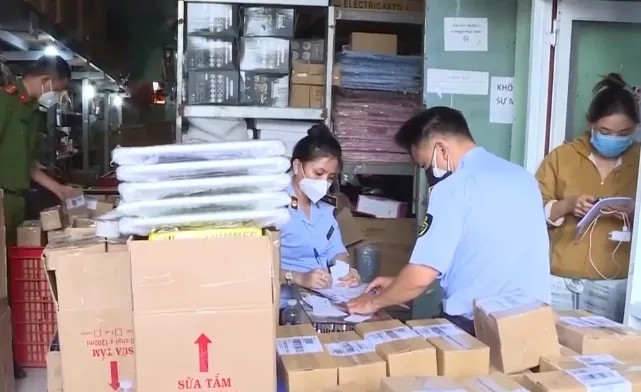
Counterfeit goods are rampant
Regarding the problem of counterfeit goods, Ms. Nguyen Thi Binh - Chairwoman of the Board of Directors of Nguyen Binh Service Joint Stock Company frankly said that enterprises are facing double pressures to survive. As an enterprise operating in the production and trading of traditional food products - the culinary pride of Vietnam, the biggest concern of enterprises is the situation of dirty food, the use of toxic additives and widespread counterfeit goods that are eroding the trust of consumers every day.
Ms. Binh cited that many establishments signed contracts to purchase the company’s products but only took a small portion, the rest mainly took floating goods of unknown origin from outside. This not only affected consumers but also affected the reputation of the company. Even though the company knew, there was no way to control it.
The above situation also makes legitimate businesses struggle and face difficulties due to lack of resources to invest in technology, difficulty in accessing finance for production processes and quality improvement.
Regarding this issue, Mr. To Hoai Nam - Permanent Vice President and General Secretary of the Vietnam Association of Small and Medium Enterprises (Vinasme) also said: The problem of counterfeit goods, fake goods, and intellectual property violations is becoming more and more complicated and sophisticated. Thousands of cases have been discovered, in which many reputable Vietnamese brands are openly counterfeited and openly traded in both traditional markets and e-commerce platforms.
According to statistics, in the first months of 2025, units and localities have arrested and handled more than 34,000 violations. Of these, there were more than 8,200 cases of trading and transporting prohibited and smuggled goods; more than 25,100 cases of commercial fraud and tax fraud; more than 1,100 cases of counterfeit goods and intellectual property violations.
How to protect your business brand?
In addition to the pressure from counterfeit and fake goods, businesses are also struggling with the wave of geopolitical instability around the world, with unpredictable developments. In addition, international standards are increasingly strict, trade protection policies are returning in many major economies. Technical barriers and more complex tariffs make import and export activities difficult. Businesses that depend on raw materials and foreign markets are also facing many difficulties. In the context of global trade with more and more variables, building a brand protection strategy is becoming more urgent for businesses and requires a flexible, multi-layered strategy.
Associate Professor Dr. Nguyen Quoc Thinh - National Branding Expert (University of Commerce) also emphasized the important role of brands in a competitive environment. The existence and development of brands is an indispensable foundation for building a sustainable growth strategy for enterprises. However, according to Mr. Thinh, the current difficult problem that enterprises are facing is counterfeit goods and intellectual property infringement. Brand protection has become an important part of the development strategy of enterprises.
“Brand infringement is becoming more and more sophisticated, so businesses need to combine technical, economic and legal aspects to protect their products as well as customer trust,” Mr. Thinh emphasized.
In addition to external risks, Mr. Thinh warned that a brand can decline on its own if a company fails to maintain quality, renew its image, or proactively maintain its brand. The causes often come from declining product quality, failure to maintain brand commitment, unstable supply chains, ineffective communication, or a brand image that gradually becomes boring, causing the brand to lose its position in the hearts of customers.
Ms. Nguyen Thi Binh proposed that state agencies should have appropriate credit incentives so that clean production enterprises, operating in accordance with the law, have the opportunity to grow. At the same time, support human resource training, control the transparent market, and strictly handle counterfeit and dirty goods to restore fairness to the market.
Emphasizing the urgency of brand protection, Mr. To Hoai Nam said that today's consumers do not simply buy a product, but also buy the value and trust that the business brings. Any business that maintains its brand will maintain the trust of consumers. Therefore, businesses need to proactively build a multi-layered, flexible brand protection strategy. This strategy includes registering intellectual property rights systematically, strictly controlling distribution channels to prevent counterfeit goods from entering, making product information transparent, and building a business culture that values prestige and quality.
Source: https://baolaocai.vn/doanh-nghiep-canh-canh-noi-lo-bao-ve-thuong-hieu-post402575.html








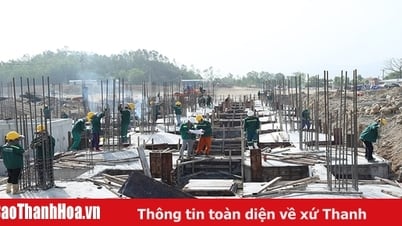





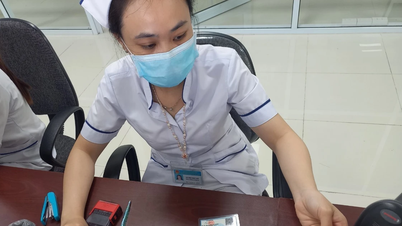

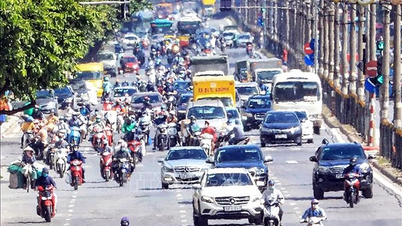




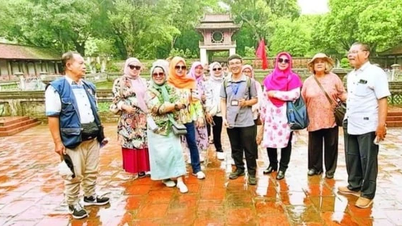

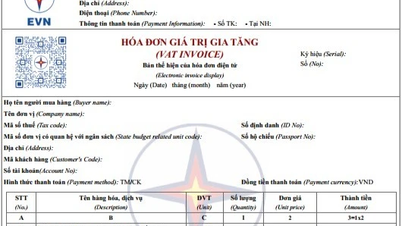

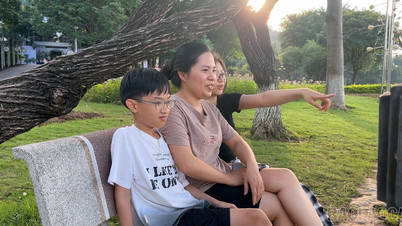
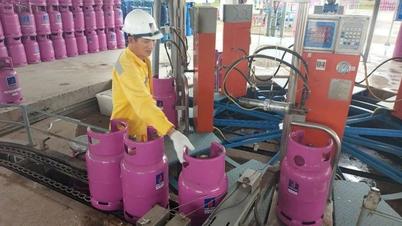






































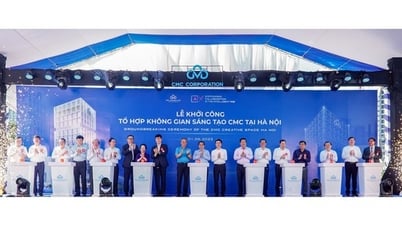






























Comment (0)